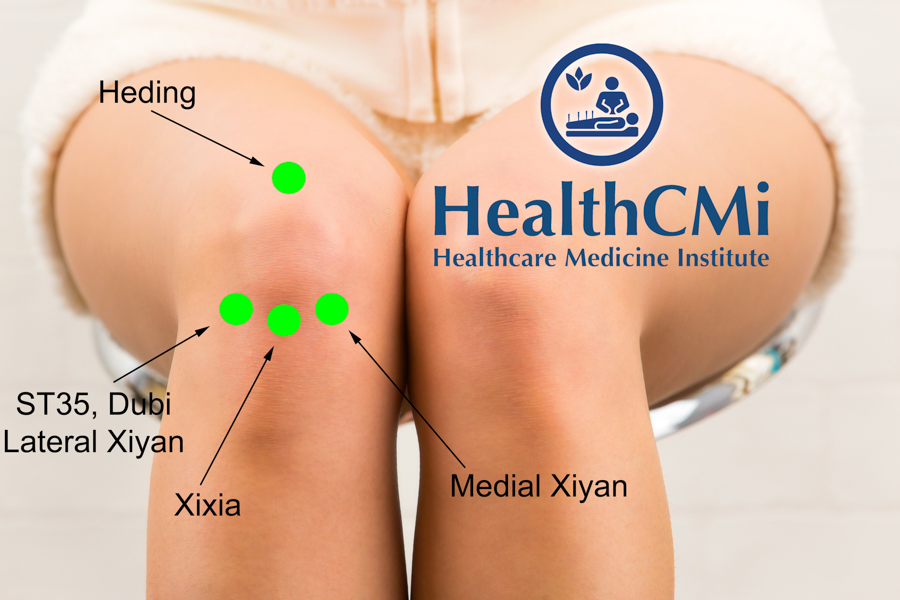
Researchers find acupuncture and herbal medicine effective for the alleviation of pain and improvement of joint function for patients with knee osteoarthritis. In an interesting result, the combination of acupuncture and herbs outperformed a powerful nonsteroidal anti-inflammatory drug (NSAID). [1] Results were based on standard Visual Analogue Scale (VAS) scores and the Western Ontario and McMaster Universities Osteoarthritis Index (WOMAC) score.
Sixty patients with knee osteoarthritis were treated in the orthopedics department of Tonglu County Traditional Chinese Medicine Hospital. They were divided into an acupuncture and herbs group and a drug group, each with 30 patients, sorted according to random number table methods. The drug group took celecoxib capsules (Pfizer Pharmaceuticals) once daily, 0.2g each time. Celecoxib is a Cyclooxygenase-2 inhibitor, which blocks COX-2 enzymes. COX-2 enzymes are involved in the release of prostaglandins, which regulate inflammation.
The acupuncture and herbs group received a modified Danggui Sini Decoction, a traditional Chinese herbal formula, combined with warm needle acupuncture treatment. The prescription of the decoction included 15g of Danggui (Angelica sinensis), 10g each of Mugua (Chaenomeles speciosa), Guizhi (Cinnamomum cassia), Zhigancao (Glycyrrhiza uralensis), Huainiuxi (Achyranthes bidentata), Gusuibu (Drynaria fortunei), Tongcao (Tetrapanax papyriferus), Buguzhi (Psoralea corylifolia), Baishao (Paeonia lactiflora), 3g of Xixin (Asarum heterotropoides), 8g of Dazao (Ziziphus jujuba), and 5g each of Yiyiren (Coix lacryma-jobi), Honghua (Carthamus tinctorius) and Wujiapi (Cortex Acanthopanacis)—one dose per day, decocted in water to make 200ml, taken warm twice daily.
Warm needle acupuncture points included ST36 (Zusanli), EX-LE4 (Neixiyan), EX-LE5 (Waixiyan), GB34 (Yanglinquan), ST34 (Liangqiu), and ashi points. A 0.30mm × 50mm needle was used to apply the reinforcing-reducing method. After the needle was inserted, a 1.5cm moxa piece was attached to the handle of the needles and ignited. Two moxa pieces were used per point, once a day.
Both groups were treated continuously for seven days, followed by a 3-day break. The 7-day treatment followed by a 3-day break constituted one treatment course, with four courses administered.
There were no significant adverse reactions observed in either group, underscoring the safety and tolerability of the treatments rendered. Moreover, the VAS and WOMAC scores of both groups improved after treatment, with the acupuncture and herbs groups showing a significantly better score than the drug group. The total effective rate of the acupuncture and herbs group was 93.33%, higher than that of the drug group at 73.33%, validating the efficacy of the treatments. The results demonstrate that modified Danggui Sini Decoction and warm needle acupuncture significantly improve knee joint function and reduce pain levels in patients with knee osteoarthritis.
Reference:
[1] Pan Qihua, Dai Min. Clinical study on modified Danggui Sini decoction combined with warm needle acupuncture in treating knee osteoarthritis [J]. New Chinese Medicine, 2022, 54(05): 41-44. DOI: 10.13457j.cnki.jncm.2022.05.008.


